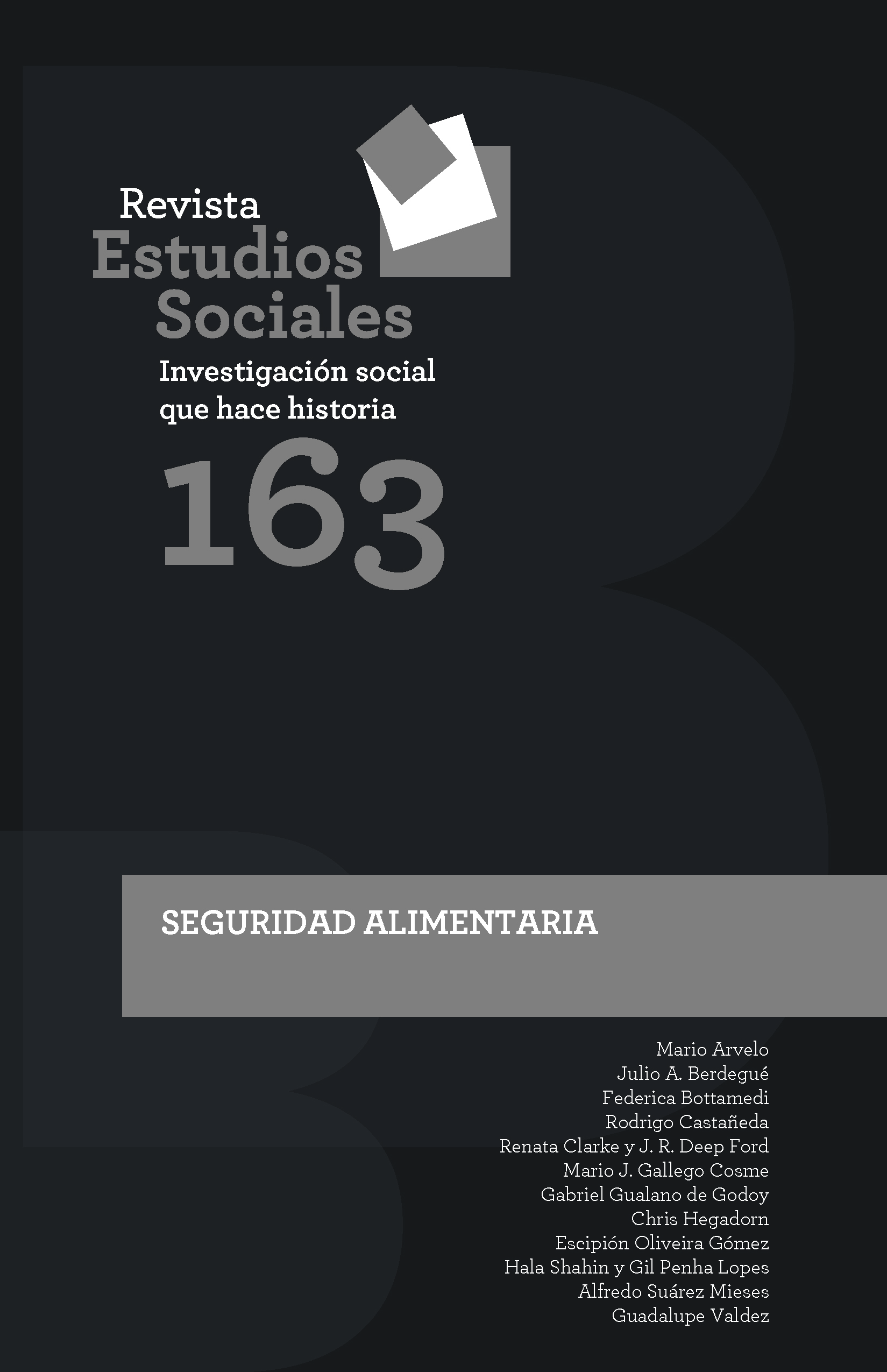The Evaluation Function as a Fundamental Tool for Moving Towards Zero Hunger: The Case of Small Island Developing States in the Caribbean
Downloads
Federica Bottamedi
esociales@bono.edu.doAbstract
The role of evaluating technical assistance programs that seek to strengthen institutions and policies at the national, regional, and global levels plays a cardinal role in elucidating the impact, scope and needs of such cooperation for agri-food development, and for identifying the best way forward. Beyond general formulas (agricultural diversification, strengthening value chains, incorporation of sanitary and phytosanitary standards, etc.), the OECS/Barbados assessment offers long-delayed proposals, such as revitalizing fisheries production; improving disaster risk management systems; incorporating gender components systematically; rejuvenating the repertoire of workers in the agri-food sector together with the creation of local capacities, reforming extension schemes and encouraging associations; and promoting public-private partnerships, including expanding market access.
How to Cite
License

This work is licensed under a Creative Commons Attribution-NonCommercial 4.0 International License.



